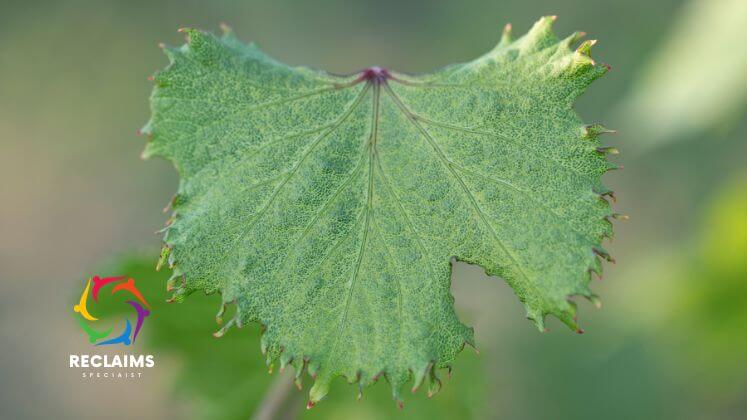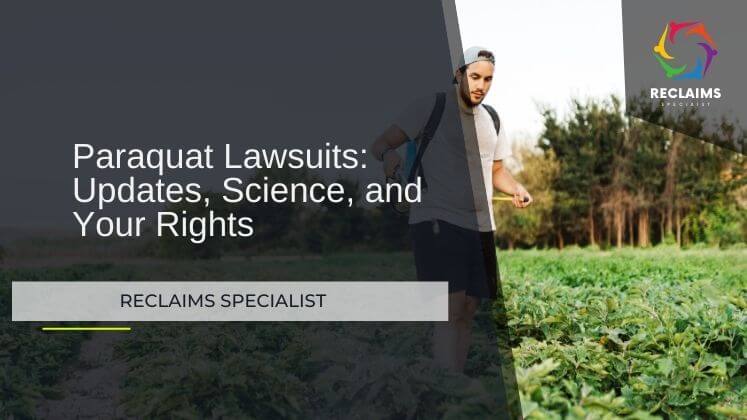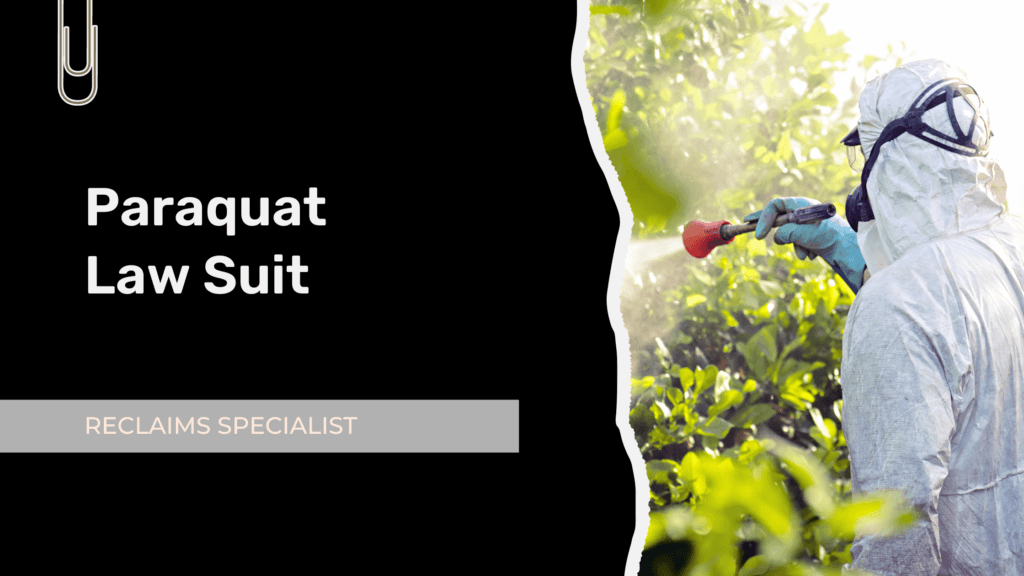Paraquat dichloride, a herbicide in use since the 1950s, has come under scrutiny due to its potential health hazards. While it remains legal for licensed users in the United States, there’s a growing number of lawsuits against its manufacturers, Syngenta and Chevron, Inc. This article dives into the latest paraquat lawsuit updates, explores the scientific links between paraquat and Parkinson’s disease, and helps you understand your rights if you believe you have a case.
Paraquat: A Restricted Use Pesticide
In the United States, paraquat is categorized as a restricted use pesticide. This designation mandates that applicators must undergo specialized training and certification to handle it safely.
New Paraquat Lawsuit Updates
The paraquat-related class action lawsuit saw a rapid increase in plaintiffs in 2022, growing from 482 cases of Parkinson’s disease at the beginning of the year to 2,352 by year-end. This surge underscores the urgency for those harmed by paraquat to seek legal counsel.
The federal multi-district litigation (MDL), originally set to begin in 2022, was postponed until October 2023 to complete expert witness depositions.
Scientific Link Between Paraquat and Parkinson’s Disease
The question of a link between paraquat use and Parkinson’s disease is central to these lawsuits, and scientific studies have yielded mixed results.
A 2021 literature review suggested no proven causal connection between paraquat and Parkinson’s. However, this doesn’t conclusively negate the possibility of a connection.
Several studies are of note:
- A 2011 study from the Agricultural Health Study found a positive correlation between paraquat use and Parkinson’s disease, linked to mitochondrial dysfunction and oxidative stress.
- A 2020 study observed U.S. farmers and spouses over 20 years, failing to provide conclusive evidence of paraquat exposure causing Parkinson’s.
- A 2021 study on UK factory workers exposed to paraquat found no increased risk of Parkinson’s or mortality.
Paraquat Defendants
Syngenta and Chevron, Inc. are the main defendants in current paraquat cases, particularly in the MDL involving Gramoxone, a Syngenta brand distributed in the U.S. by Chevron. Plaintiffs allege Gramoxone exposure led to Parkinson’s disease.
Understanding MDL vs. Class Action
MDLs and class actions share similarities but differ in crucial ways:
- In a class action, plaintiffs combine into one case, with damages split evenly among them. Any eligible individual can join.
- MDLs group cases together for efficiency but allow for different damage awards and settlements.
Paraquat Settlement Status
As of now, no settlement has been reached, as the MDL is in its early stages. The settlement amount, influenced by the number of plaintiffs involved, will cover financial damages only.
Qualifying for a Paraquat Lawsuit
In the U.S., anyone with paraquat exposure leading to health issues can potentially file a lawsuit against its manufacturers and distributors. This extends beyond agricultural workers to anyone with direct exposure or residing in affected areas.
Statute of Limitations
The time frame for filing a paraquat lawsuit varies by state. It can range from one to six years, with differing start dates (first exposure or “reasonable” knowledge). Consulting a lawyer familiar with your state’s regulations is crucial.
Estimating Paraquat Case Worth
While exact payouts remain uncertain, comparisons to similar cases offer insights. For instance, Roundup cases yielded an average of $160,000 per plaintiff in 2020. However, individual circumstances can vary widely.

FAQs
- What do I do if I think I have a case regarding paraquat?
Contact a lawyer specializing in paraquat cases to evaluate your situation. - What evidence do I have to have to file a paraquat case?
Evidence of paraquat exposure and associated health problems is vital. - What kind of exposure to paraquat is believed to cause harm?
Direct exposure, such as handling or residing near areas where paraquat is used, is considered harmful. Although indirect exposure hasn’t been definitively linked to Parkinson’s, even small ingestions can be toxic.
In conclusion, paraquat lawsuits are complex and evolving, with significant implications for those affected. Seeking legal counsel is the first step to understanding your rights and potential compensation.


